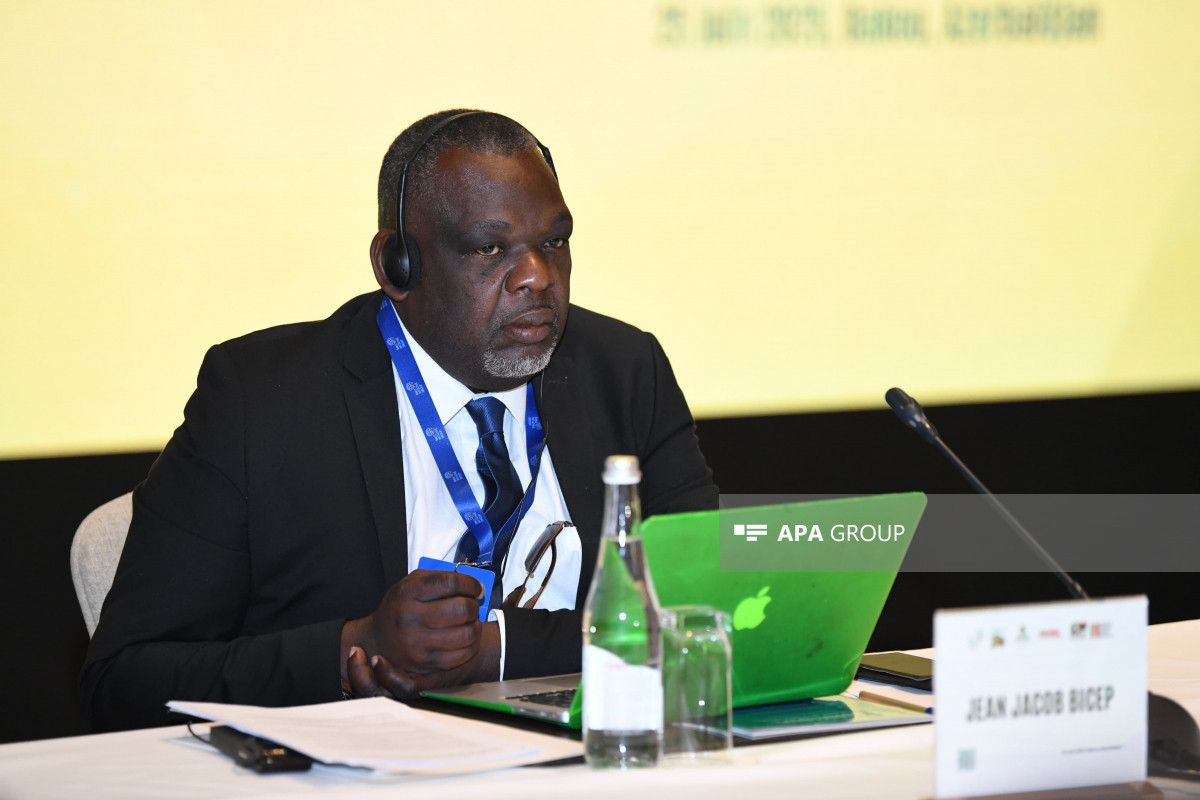“Guadeloupe’s inclusion as a peripheral region of the European Union allows it to benefit from the rights recognized by the EU, but the country is unable to utilize these rights. Europe’s competitiveness policy prevents Guadeloupe from maintaining its economic independence,” said Jean-Jacob Bicep, the national coordinator of the FID Guadeloupe Section, during the “Political and Institutional Decolonization” panel at the thematic conference titled “Towards the Decolonization of Guadeloupe! Challenges and Perspectives,” organized by the Baku Initiative Group, APA reports.
He also stated that his country has been deprived of the ability to implement an independent tax and customs policy: “Our tax policy has also been taken from us. Guadeloupe’s economy is currently going through an extremely difficult period. The current economic policy serves the interests of large foreign companies. The difficulties caused by import policies, along with the absence of sovereign export rights, create major obstacles for us. The colonization of Guadeloupe continues even in the food sector. Colonial measures also hinder efforts to access drinking water. The dynamics of regional economic integration are regressing, and our country is unable to sign agreements with neighboring states. This prevents the establishment of balanced economic partnerships. To overcome this situation, we must strengthen regional cooperation.”
According to Jean-Jacob Bicep, due to the economic barriers created, his country is forced to import 80 percent of consumed food products.
